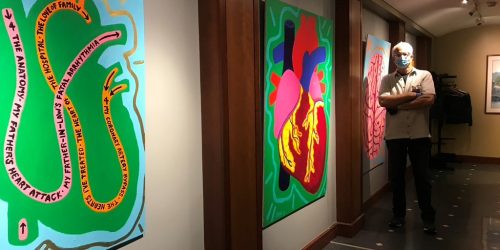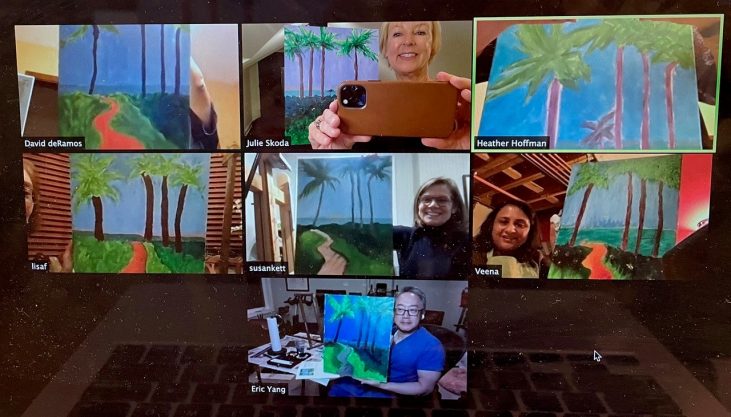
“We have a mission of whole-person care. But if we don’t start with our own physicians and encourage them to take care of themselves—mind, body and spirit, then we’ll never be able to fully treat our patients in that same way,” Hoffman said.
“We are very well connected at AMITA with mental health resources—it’s a best practice for us—and that allows us the opportunity to speak to that [issue] in a different way,” said Heather Hoffman, regional director of Clinical Mission Integration.
Many of the physician wellness efforts at AMITA began within AdventHealth. Ted Hamilton, MD, AdventHealth chief Mission Integration officer and chairman of the Coalition for Physician Well-being, explained, “Doctors are people, too—subject to human emotions, such as anxiety, depression and loneliness. The stress of the pandemic has magnified and highlighted the incidence of professional isolation, burnout and even suicide. It is often difficult for physicians to identify, or admit to, their own troublesome symptoms, making it essential for healthcare organizations like AdventHealth to extend the healing ministry of Jesus to physicians and their families, taking the initiative to lift them up, addressing identified problems and helping restore doctors to health and well-being.”

AMITA formalized its program under the Clinical Mission Integration program in 2018, but parts of it had been in place for years. “We have tried to grow the program, which initially started with our Adventist hospitals,” said Lanny Wilson, MD, who spearheads the program with Hoffman, “and we’ve been embraced by the AMITA culture.”
AMITA offers a variety of resources to its physicians, including:
In addition, AMITA is planning to introduce other programs, including a pilot program for physician onboarding at the Adventist hospitals. It involves both screening to identify mission-minded physicians as well as a peer mentoring program.
The efforts are bearing fruit: AMITA physicians scored well above average for resiliency on a recent survey. But there is still work to be done, Wilson and Hoffman agree.
“We have a mission of whole-person care. But if we don’t start with our own physicians and encourage them to take care of themselves—mind, body and spirit, then we’ll never be able to fully treat our patients in that same way,” Hoffman said.
Julie Busch, AMITA Health, associate vice president for Internal Communication